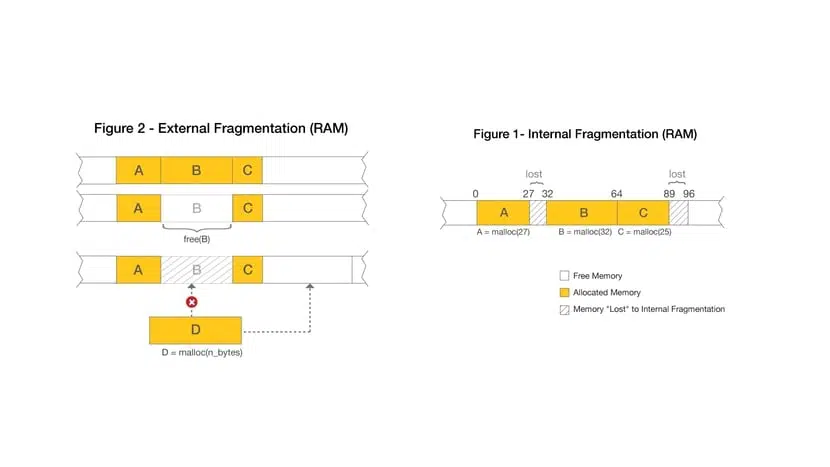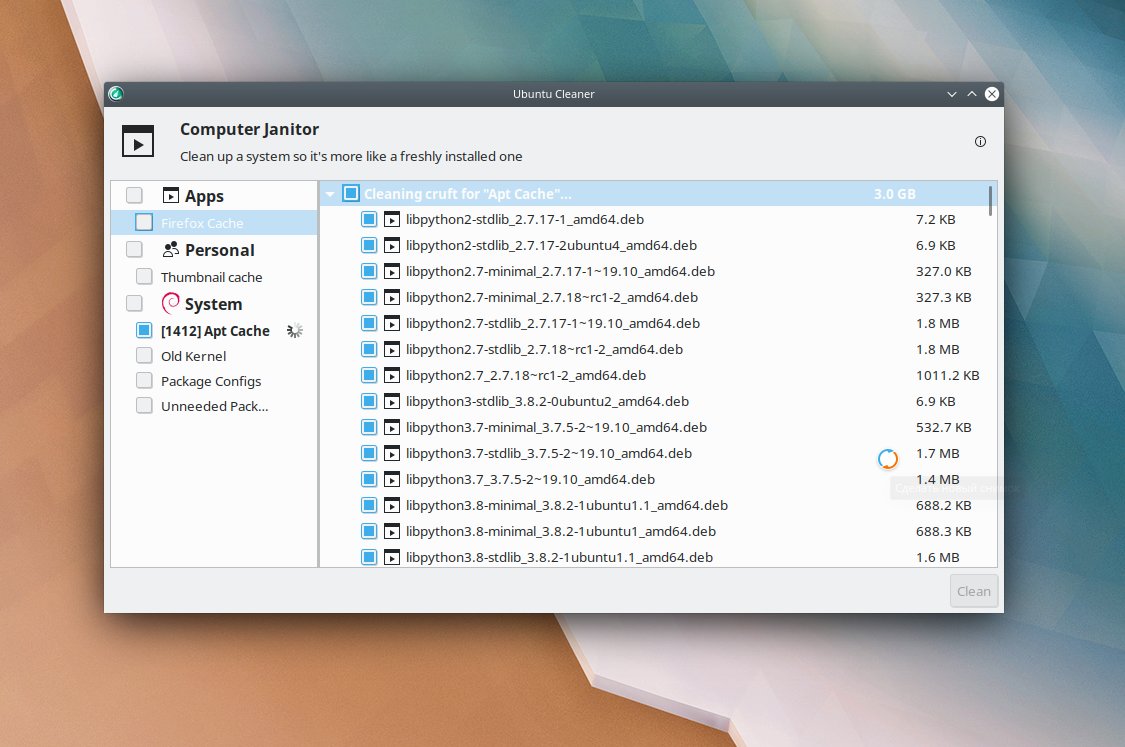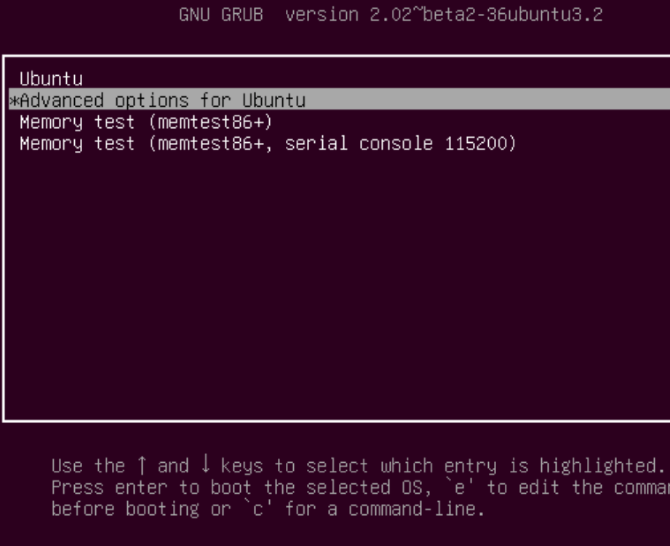- Windows is a very popular operating system. Why is it so popular? What other operating systems exist besides W?
- 7 Answers
- Why is Windows so popular?
- Why are Windows PCs So Popular in Industrial Automation? — IntervalZero IntervalZero
- www.makeuseof.com
- Follow MUO
- Windows 7 vs. Windows 10: 5 Reasons Your Old Love Is Still Going Strong
- How Many People Still Use Windows 7?
- Why Is Windows 7 Still So Popular?
- 1. Security and Privacy
- 2. Software Compatibility and Legacy Apps
- 3. Familiarity
- 4. Hardware Restrictions
- 5. Forced Updates
- Should You Upgrade to Windows 10?
- Subscribe To Our Newsletter
- One More Step…!
Windows is a very popular operating system. Why is it so popular? What other operating systems exist besides W?
Windows is a very popular operating system. Why is it so popular? What other operating systems exist besides Windows?
7 Answers
Windows was made to be able to run on almost all computer hardware available. Great marketing and low prices have made it the number one operating system in the world. Apple’s Macintosh Operating systems such as Snow Leopard are probably the second most common, but not as widely used as they have cost more than windows machines for some time. Open Source and Free operating systems are also available, usually using a linux kernel. Ubuntu is probably the most popular free operating system.
Windows, is the most widely used so software and hardware developers generally focus on driver and software support for windows systems.
The other two most popular operating systems are Mac OS and Linux. Of course there are many others but most people use Windows and Mac. Many IT professionals use Linux because its extremely versatile. The short answer for why people use Windows is that its accessible, well known, intuitive,(for the most part) and most developers produce for Windows and many even make their software exclusive to Windows.
In striking that part of the laptop, you may have accidentally destroyed the hard disk. Those things are very delicate. I think that it *is* possible to recover data from hard drives that have suffered physical destruction, but I have only ever heard of it once: the guy in Connecticut who shot up all those kids in that school had apparently taken a hammer to his computer’s hard disk before he set off, and the cops/FBI are supposedly using this technology to piece the data on the drive back together. I really don’t know if that can happen for you though. Since you have an install disc, you can fix the computer if you can buy a new hard drive of the same specification (likely 2.5 inch SATA). But everything will be new and clean, there really is no practical way of getting all that stuff back. Startup repair won’t help you if the disk itself is destroyed, even if you let it run for a decade.
Don’t think it is as «popular» as you think. Most of us are just stuck with it since it has a lion’s share of the apps out there. Gates was very good at cornering the market, a little too good, and that is why the US gov started looking into Windows having a monopoly on the OS market. This is most likely the major reason Gates sunk a ton of his own cash into Apple so that they didn’t go under. If that would have happened the US gov would really go after him.
Why is Windows so popular?
Why Windows is so popular?
In earlier days, MS-DOS was used as default operating system for IBM-PCs. The personal computers made by IBM were provided with de facto MS-DOS both for business as well as home use. Later, IBM has taken steps to leave the business related to personal computers. They were involved much in manufacturing and operating IBM-compatible PCs. The IBM compatible PCs became standard in the market. IBM in business and home PC used to have their software to run for long time and they wanted to have one new OS. Hence, they thought that investment on MS Windows would be a good decision. The manufacturers of PC from then onwards started to pre-install the newer version of MS Windows in every PC that was sold. This tradition is followed even today.
The latest version called windows vista was sold at low percentage (39%) compared to all PCs that were sold. Another major version of MS Windows called Windows XP was installed in the PCs and sold at about 89% of all the PCs that were sold. Windows was the most preferable operating system and the choice operating system used for the personal computers in 80s. Windows has provided an accessory benefit for marketing on behalf of Microsoft. Microsoft could also gain popularity in the case of creating office tools and mingling it with Windows which enhanced the popularity of the Windows.
The popularity of Windows was done by Microsoft not only at the end-user point of view, but also in the side of developer. The developers were stimulated to write software programs compatible with Windows than other operating systems. Popularity also was achieved by the vendors of hardware who installed windows in the PCs before they were sold. The aggressive marketing and the strategies of Microsoft played an important role in making this operating system so popular. Windows is so popular due to its easy way of handling the operating system and it is user friendly. Creating the folders or deleting them can be done very effectively in windows even by a person who is new to the OS. It does not have to be dealt through command prompt and every activity can be done through mouse interface. Hence, Windows is very popular.
Why are Windows PCs So Popular in Industrial Automation? — IntervalZero IntervalZero
August 12th, 2016 by
Windows refers to a meta-family of graphical operating system that Microsoft developed and marketed globally. It comprises of many operating systems families with each catering for a specific computing industry sector. Among the active families of Windows include Windows Embedded, Windows NT and Windows Phone. These can have subfamilies like Windows Server or Windows CE. As an operating environment, Windows was introduced by Microsoft on 20 th November 1985.
Popular Operating System for Personal Computer
An operating system is in most cases pre-loaded in a computer when purchasing it. Although many people use operating systems that are pre-loaded in their computers, you can upgrade or change the operating system of your computer. Windows is perhaps the most popular operating system for personal computers globally. It is available in different versions including Windows 10, Windows 8, Windows 7 and Windows Vista. Windows is very popular because it is pre-loaded in majority of the new personal computers.
Compatibility
A Windows PC is compatible with most software programs in the market. Windows computers support software like games and other programs especially those developed specifically for Windows. Among the applications programs that made Windows so popular was Microsoft Office. Additionally, the world of Windows is filled with shareware and freeware. These are free to download and they can be used to do a multitude of applications with personal computers.
Windows Emerged Early
The major reason why Windows is so popular is because it was embraced by many enterprises early. Since it was used by many businesses first, it naturally filtered into homes because most people are familiar with it and used to it at the office
Usability
Reliability has not been an issue that could hinder Windows from becoming popular. People who have criticized the reliability of Windows appear to misunderstand the point. While developing Windows, Microsoft realized that for it to be successful, it must provide many features, such as ease of use and reliability. This has enhanced the intuitive nature of the Windows PC, making it very popular.
www.makeuseof.com
Follow MUO
Windows 7 vs. Windows 10: 5 Reasons Your Old Love Is Still Going Strong
Some people refuse to give up Windows 7 and upgrade to Windows 10. Why? Well, there are lots of contributing factors.
Windows 10 is now more than three years old. The operating system certainly isn’t perfect, but users and critics both mostly agree that it’s is the best operating system Microsoft has ever produced.
And yet some people refuse to give up Windows 7. Why? There are lots of contributing factors. Let’s take a look.
How Many People Still Use Windows 7?
Windows 7 and Windows 10 are almost neck and neck in terms of user numbers.
Precise figures are impossible to find. However, StatCounter said Windows 10 had overtaken Windows 7’s market share back in February 2018. Contrarily, the latest data from analytics company Net Applications (August 2018) put Windows 7 on 40.3% and Windows 10 on 37.8%.
In truth, most of the Windows 7 market share is made up by the business sector. Many of those companies are now scrambling to make the switch to Windows 10. Free extended support for Windows 7 will end in January 2020, less than 18 months away (we’ve got tips for Windows 7 at end of life.) If they want official support through to 2023, they will have to pay a considerable price.
But even away from the business world, lots of home users refuse to upgrade—despite mainstream support ending in January 2015. Before continuing, make sure you know how to check your Windows version if you’re not sure.
Why Is Windows 7 Still So Popular?
In July 2019, Windows 7 will celebrate its 10th birthday. The fact it’s still clinging on to its title as the world’s most popular operating system nearly a decade after its release is a testament to its original quality.
But let’s be honest, there’s no way that a 10-year-old operating system should be number one. So, what’s going on? Why do so many people and businesses still use it?
Here are our top five reasons.
1. Security and Privacy
If you spend some time browsing this topic on the web’s various dedicated Windows forums, there’s one reason that stands out above all others: security and privacy.
The biggest criticism leveled at Windows 10 is its ongoing collection of telemetry data. It’s a valid point; Windows 10 does amass far more data about your usage habits than Windows 7. Lots of users are uncomfortable with it and choose not to upgrade.
Luckily, if you’re a privacy fanatic, there are plenty of third-party tools you can use that’ll entirely disable the telemetry on Windows 10.
As for the operating system’s security, the argument that Windows 7 is more secure than Windows 10 is downright false. Features like Device Guard, UEFI secure boot, BitLocker, and Windows Hello all make the newer operating system much more robust.
The facts support the theory. Security firm Webroot says the average Windows 10 machine had 0.04 malware files present in 2017, while the average Windows 7 computer had 0.08 malware files. Furthermore, just 15 percent of all malware was on Windows 10 machines, while 63 percent was on Windows 7.
2. Software Compatibility and Legacy Apps
Windows 7 still boasts better software compatibility than Windows 10.
Of course, we’re not talking about Photoshop, Spotify, Microsoft Word, Steam or any of the other mainstream apps; they all supported Windows 10 from its release day.
Instead, we’re talking about the millions of third-party apps and proprietary in-house software that often perform a very specific function and which lots of people rely on every day. Indeed, the reliance on legacy software is why so many businesses have been slow to upgrade.
Similarly, lots of people don’t want to upgrade to Windows 10 because they heavily rely on legacy Windows 7 apps and features that are not part of the newer operating system.
For example, Windows Photo Viewer and Windows Movie Maker can be installed on Windows 10, but in practical terms, they are both dead. Microsoft has also completely killed Windows Media Center in Windows 10. Perhaps apps like Kodi and Plex can fill the void, but a lot of users want to keep using the same apps that they’ve used for the last decade.
3. Familiarity
Many people worry about adapting to new things when it comes to technology. Menus and settings in different places can lead to confusion and decreased productivity.
One only has to look at the debacle over the Start menu in Windows 8 to see evidence of the hysteria in action. In hindsight, was a Start screen rather than a Start menu really that bad? Probably not.
If you’ve been using Windows 7 exclusively since its release in 2009—and you never used the transitory Windows 8—the different between interfaces, layouts, and menus is jarring.
For some Windows 7 users, it’s simply not worth spending the time to adapt to the new version.
4. Hardware Restrictions
On paper, Windows 7 and Windows 10 have identical hardware requirements. They are:
- Processor: 1 GHz or faster.
- RAM: 1 GB (32-bit) or 2 GB (64-bit).
- Free hard disk space: 16 GB.
- Graphics card: Microsoft DirectX 9 graphics device with WDDM driver.
However, if you try to install Windows 10 on a computer at the bottom end of those specs, you’re going to run into considerable difficulties.
I speak from experience; my wife had an old Dell Notebook lying around with a 1Ghz processor and 1 GB of RAM. I performed a clean install of Windows 10, but after completion, the hardware struggled to complete even the most basic tasks in a timely manner
For people whose hardware is showing its age, it’s just too much of a risk to upgrade to Windows 10.
5. Forced Updates
Three years after launch, and the Windows 10 forced update saga is still rumbling on. Yes, the situation is much better than it used to be. But no, you still don’t have 100 percent control over your operating system.
And for lots of people, that lack of control is a red line. What happens if an update breaks an app you rely on every day? After all, it’s not like Microsoft (or any other company) has a blemish-free record when it comes to buggy updates.
Again, for some people, the potential risk is simply not worth taking in exchange for the perceived limited benefits.
Should You Upgrade to Windows 10?
In a word, yes. MakeUseOf strongly recommends that you upgrade to Windows 10. The new operating system offers more features, a more modern user interface, and enhanced security when compared to its predecessor.
We also recommend that for problem-free Windows 10 experience, you perform a clean install of the operating system. Just make sure you create full backups of all your data before you do so. And before you upgrade to Windows 10 Pro, see whether it’s worth the cost.
Here are some fun secrets that you can use to take your Netflix experience to the next level.
Dan joined MakeUseOf in 2014 and has been Partnerships Director since July 2020. Reach out to him for inquires about sponsored content, affiliate agreements, promotions, and any other forms of partnership. You can also find him roaming the show floor at CES in Las Vegas every year, say hi if you’re going. Prior to his writing career, he was a Financial Consultant.
Subscribe To Our Newsletter
Join our newsletter for tech tips, reviews, free ebooks, and exclusive deals!
One More Step…!
Please confirm your email address in the email we just sent you.











